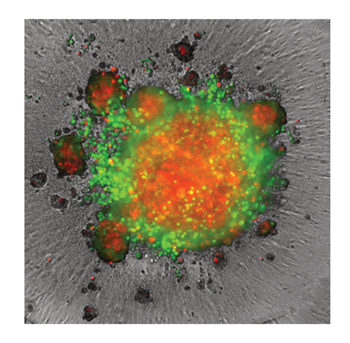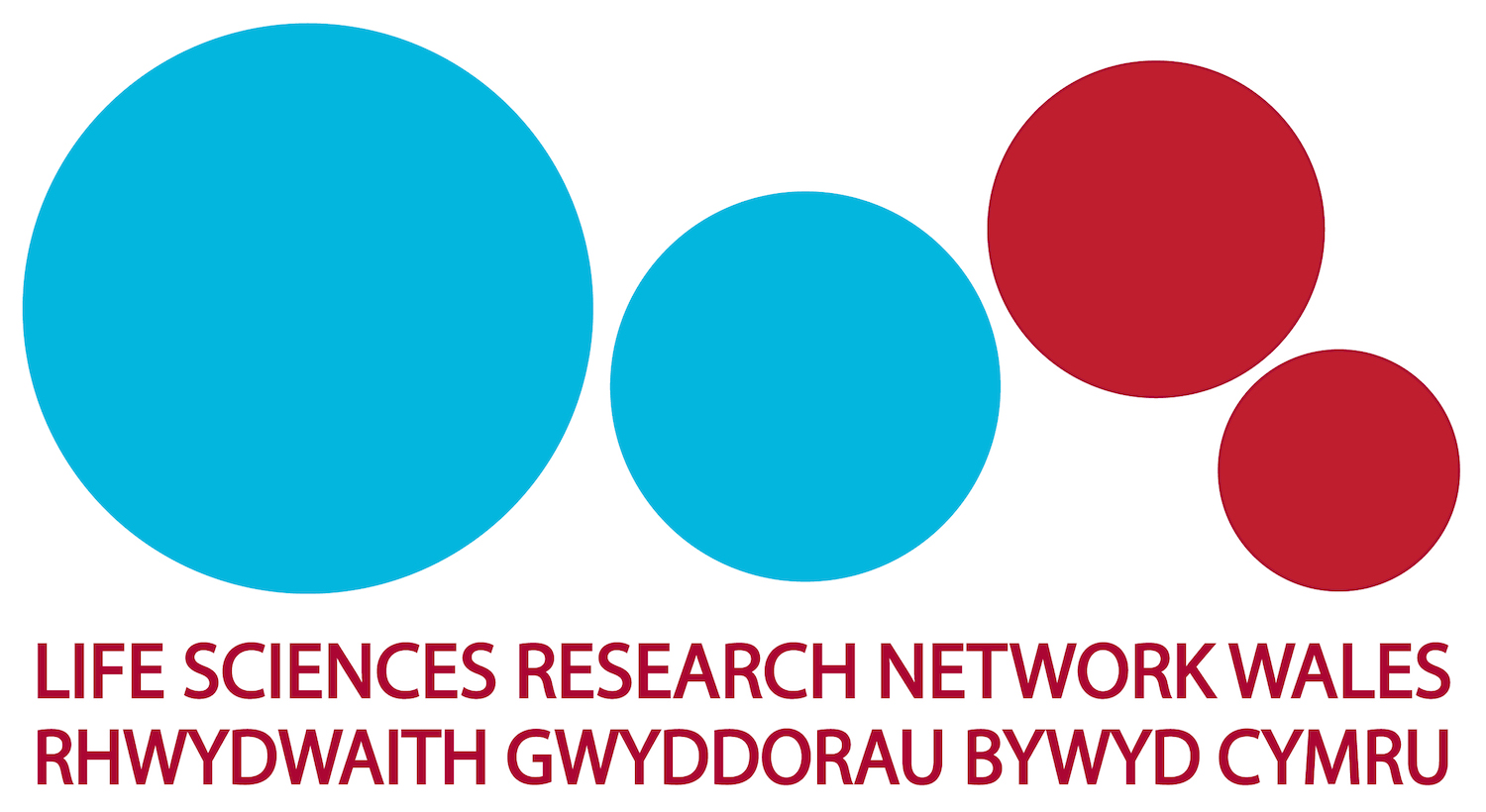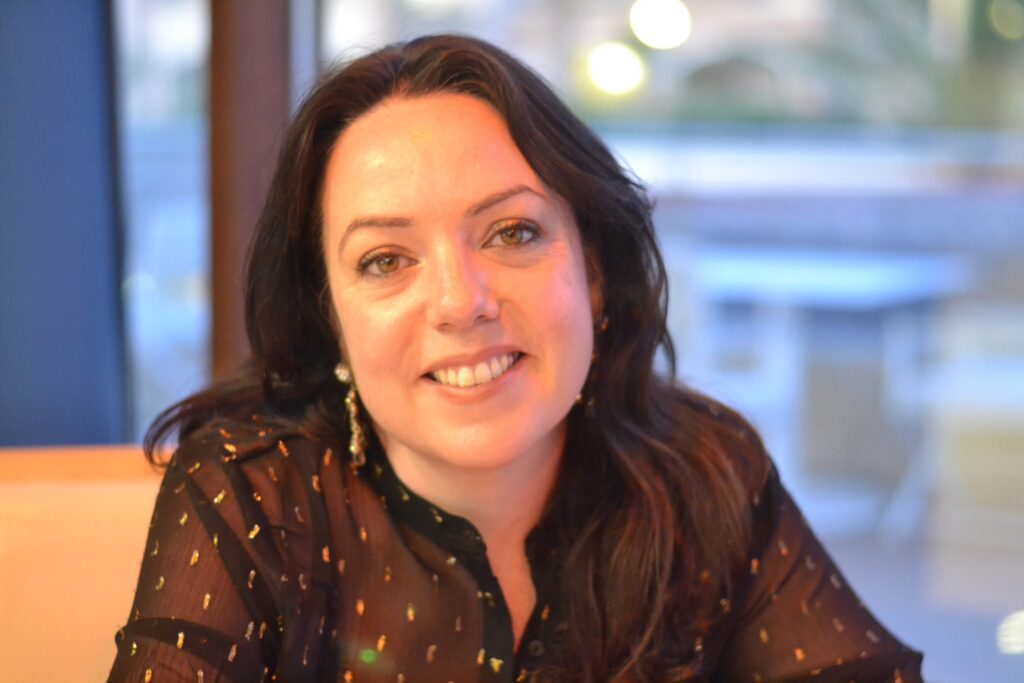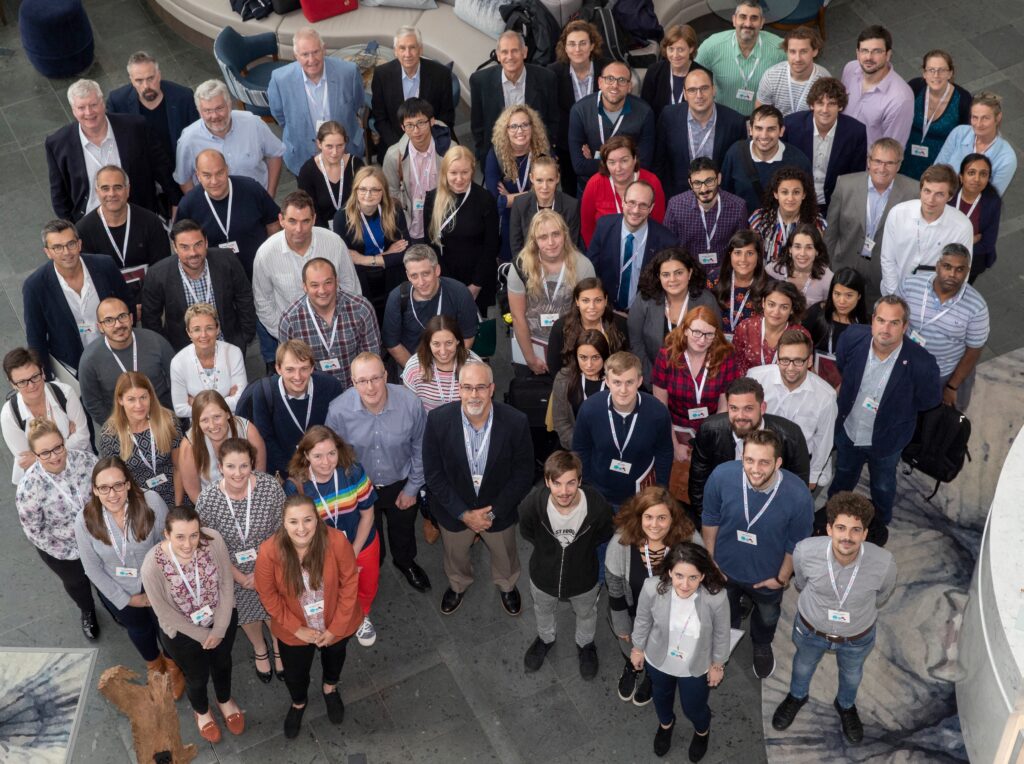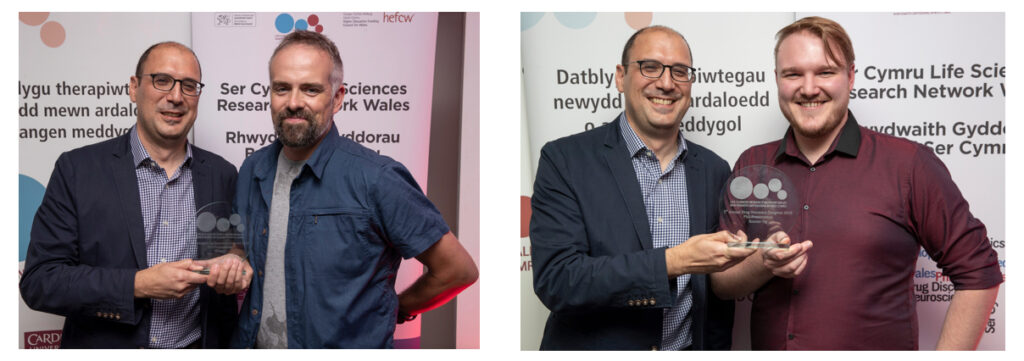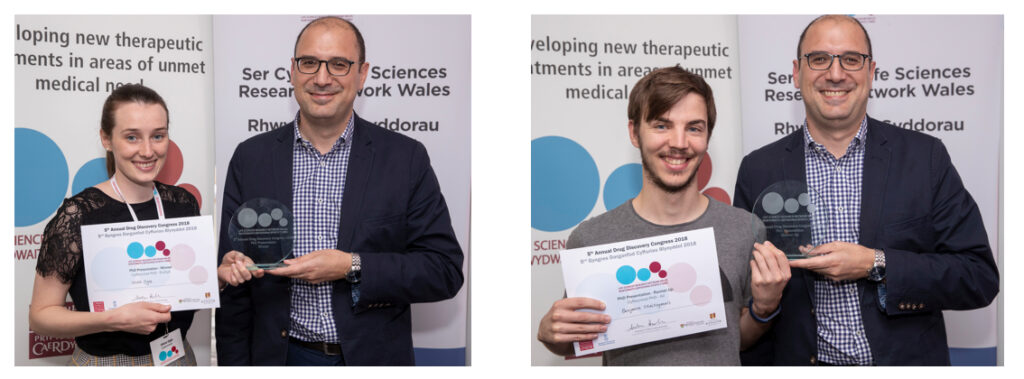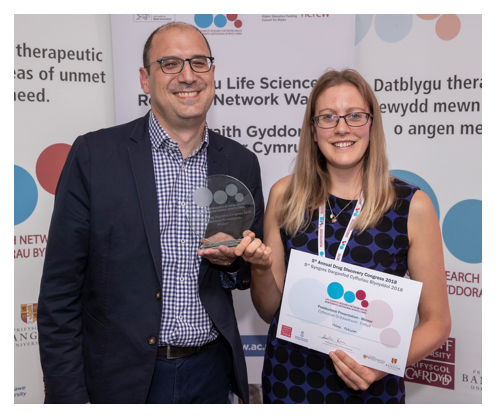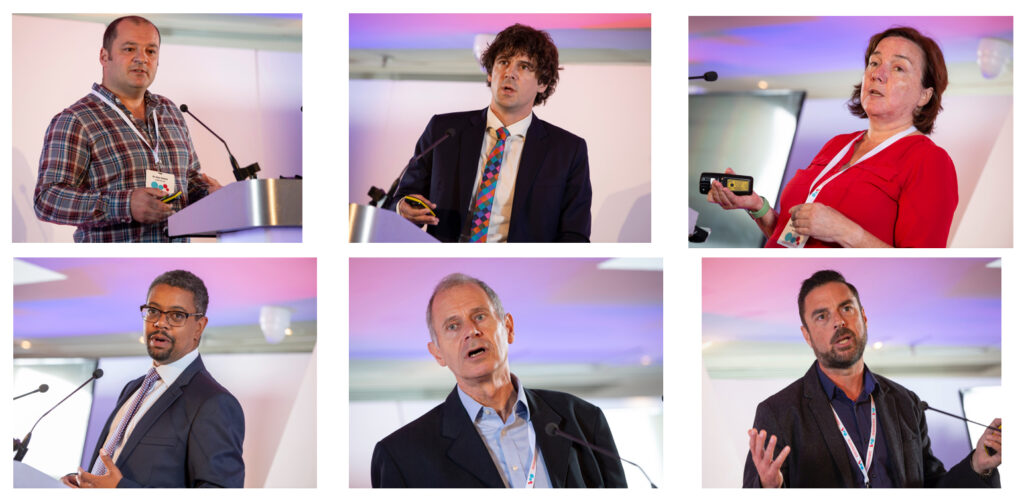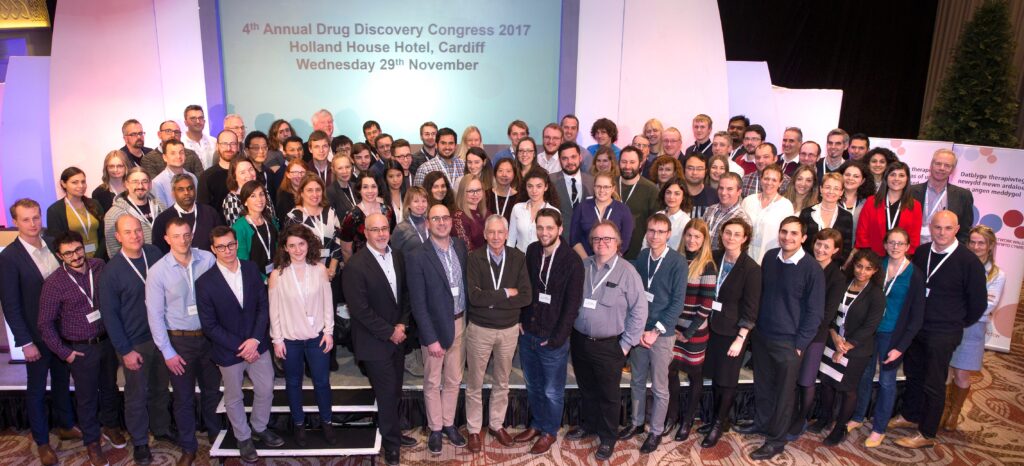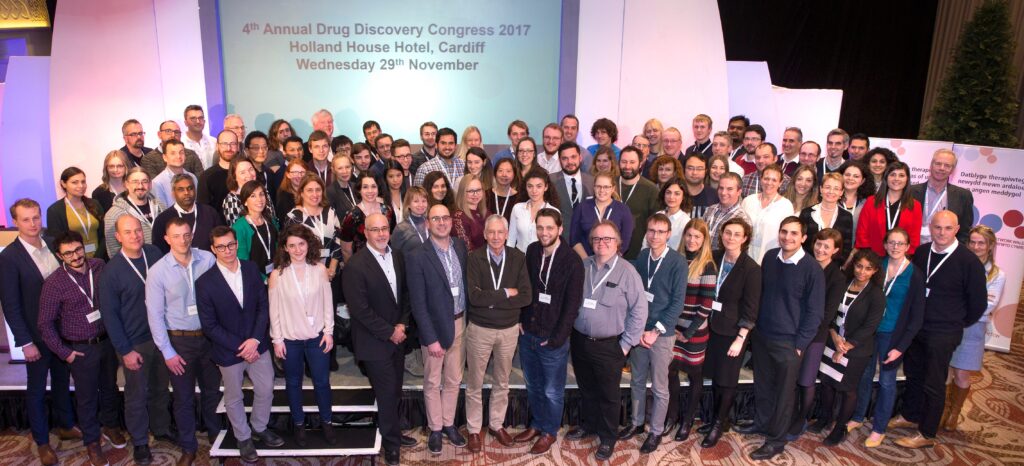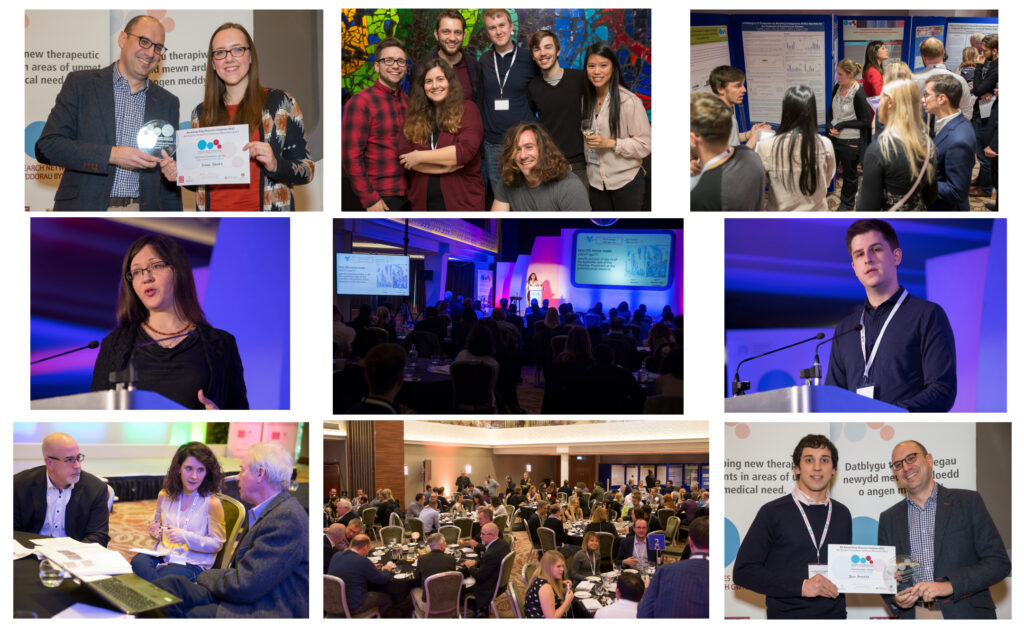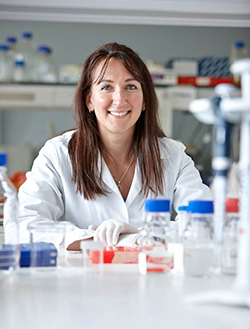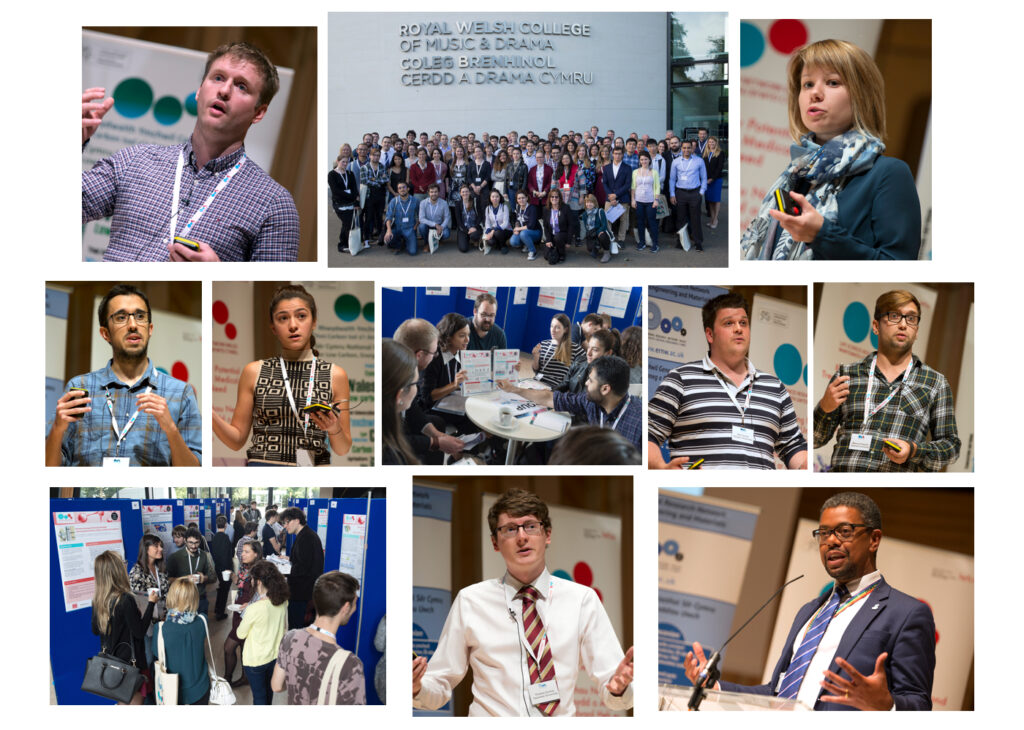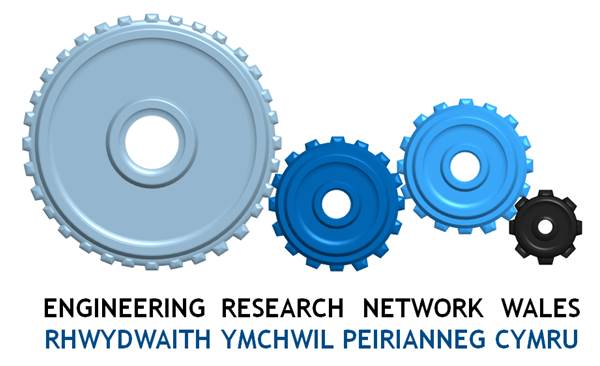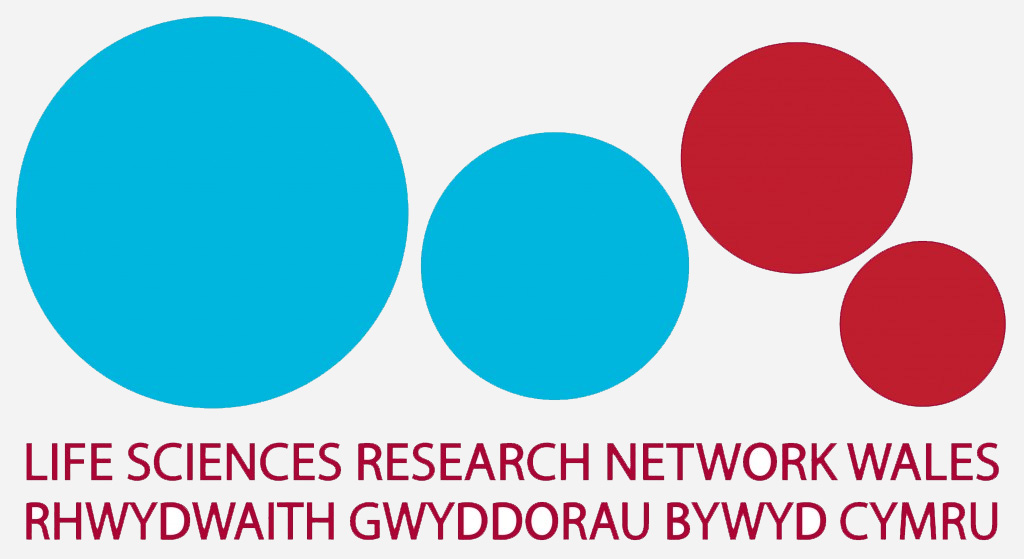Nanotechnology is a field which could greatly enhance crucial aspects of our lives pending proper investigation into associated risks.
The grant has been awarded as part of the Horizon2020 scheme, the biggest EU Research and Innovation programme ever, with nearly €80 billion of funding available over seven years (2014 to 2020).
Swansea University will lead an international team of scientists including academic, industrial, government and risk assessment partners to work on this major project entitled Physiologically Anchored Tools for Realistic nanOmateriaL hazard aSsessment (PATROLS). The project involves a total of 26 partners spread across 14 countries through Europe and across the globe including Canada, Japan, Korea and the US.
The project faced competition from scientific groups all over Europe to become the only one selected for funding through a dedicated Horizon2020 challenge under the Industrial Leadership pillar.
Shareen Doak (pictured here) is a Professor of Genotoxicology & Cancer at Swansea University Medical School and is leading the project. She explained: “Nanotechnology promises significant scientific, economic and societal benefits, but commercialisation and growth are threatened by safety uncertainties.
“Several problems currently exist in the field of nanosafety testing: standard non-animal tests are unreliable for nanomaterials, so there is a greater emphasis on evaluating their safety in animals. However animal tests are also unsuitable as they are expensive, time-consuming, and are associated with substantial moral concerns. Additionally, these tests do not predict the consequences of long term exposure on both human health and the environment.
“PATROLS will address these limitations by providing state-of-the-art 3D culture models of the human lung, gastrointestinal tract and liver. The project will also deliver advanced testing methods for environmental safety testing and robust computational models that will allow us to more accurately predict human health and environmental safety based on data generated in cell culture, removing the need to test on animals.”
“Exposure under realistic conditions (low concentrations over extended periods of time) will be applied to human cell culture to understand the true risk associated with nanomaterials in consumer products.
PATROLS comprises many of Europe’s leading experts in nanosafety, ecotoxicology, cell biology, systems biology, computational modelling, tissue engineering and material science. This range of expertise will allow PATROLS to develop the next-generation of non-animal nanosafety testing solutions, to protect consumers, workers, patients and our environment, allowing us to enjoying the benefits that nanotechnological developments promise to have on our daily lives.
Commenting on the award, Chief Scientific Officer for Wales, Julie Williams said: “I am delighted that Swansea-based scientists will lead this worldwide initiative to translate nanotechnology into safe applications affecting human health, economic development and public policy. It is vital we exploit cutting-edge science for the good of mankind.”
Dr Kalyan Sarma, from Innovate UK said: “This award is a fantastic win for the PATROLS consortium. It is testament to the quality of the team and the value that they will bring to the nanotechnology industry. Nanosafety is of paramount importance in assuring sustainable development opportunities within the nanotechnology industry so the developments promised through PATROLS are both exciting and will support industrial growth across a broad range of sectors.”
The PATROLS project is scheduled to commence in autumn 2017 and will run for 3.5 years.
The future of Nanotechnology
Investigating the toxicity and environmental impact of nanomaterials is vital as nanotechnology may be able to create many new materials and devices with a vast range of applications such as in nanomedicine, nanoelectronics, biomaterials energy production, and wide-ranging consumer products, for example:
- Medicine: Researchers are developing customised nanoparticles the size of molecules that can deliver drugs directly to diseased cells in the body. When it’s perfected, this method should greatly reduce the damage treatment such as chemotherapy does to a patient’s healthy cells. The Centre for NanoHealthat Swansea University is currently conducting research in areas including Microbiology and Infection, Neuroscience and Molecular Psychiatry, Immunity and Allergy, Diabetes, and Cell Biology of Cancer and Reproduction.
- Food: Nanotechnology is having an impact on several aspects of food science, from how food is grown to how it is packaged. Companies are developing nanomaterials that will make a difference not only to how food tastes, but also in food safety, and the health benefits that food delivers.
- Fuel Cells: Nanotechnology is being used to reduce the cost of catalysts used in fuel cells to produce hydrogen ions from fuel such as methanol and to improve the efficiency of membranes used in fuel cells to separate hydrogen ions from other gases such as oxygen.
- Solar Cells: Companies have developed nanotech solar cells that can be manufactured at significantly lower cost than conventional solar cells.
- Fuels: Nanotechnology can address the shortage of fossil fuels such as diesel and gasoline by making the production of fuels from low grade raw materials economical, increasing the mileage of engines, and making the production of fuels from normal raw materials more efficient.
